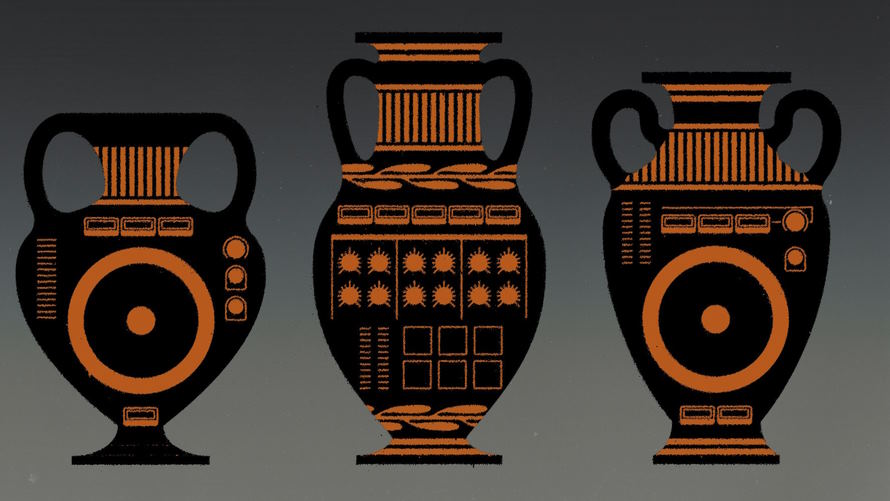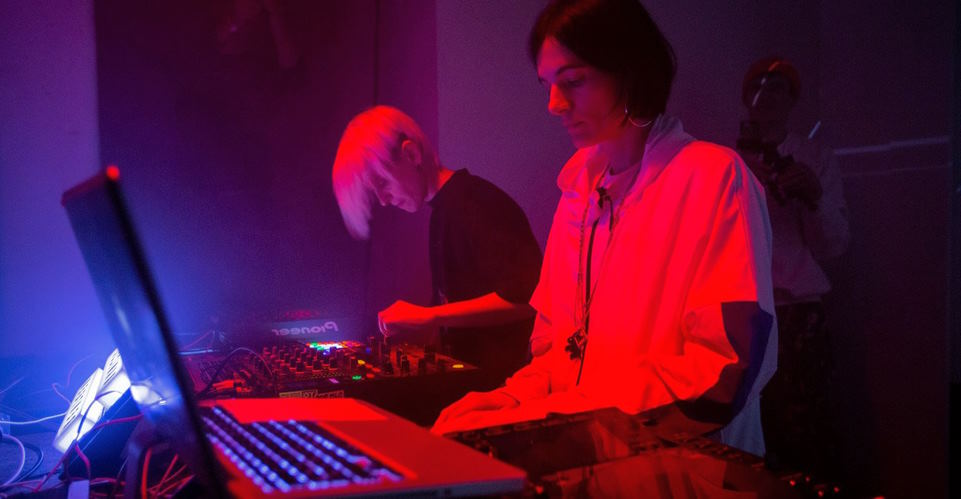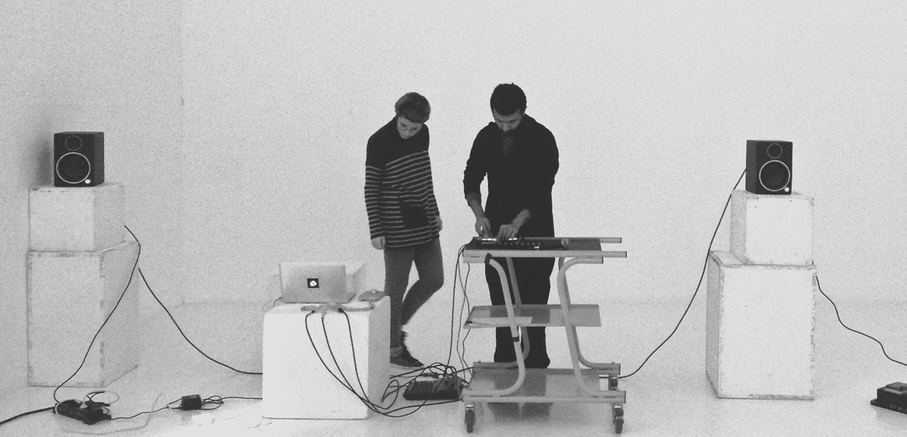Experimental music has been a driving force in the evolution of contemporary European music, influencing genres ranging from classical to electronic and beyond. Its experimental nature challenges traditional notions of music and pushes boundaries in terms of techniques and styles. This article explores the use of experimental music in contemporary European music, tracing its historical context and examining its impact on contemporary musical trends. We will also delve into the criticisms and controversies surrounding experimental music and reflect on its potential future impact. From John Cage to Aphex Twin, experimental music has played a crucial role in shaping the contemporary European musical landscape.
Experimental Music in Contemporary European Music
Experimental music has had a profound impact on contemporary European music, influencing genres across the musical spectrum. The incorporation of experimental techniques and styles has allowed musicians to push boundaries and create new sounds that challenge traditional notions of music. In electronic music, experimental techniques such as sampling, glitching, and granular synthesis have become commonplace, creating a new sonic landscape that continues to evolve and inspire. Post-rock, a genre that emerged in the 1990s, draws heavily on experimental music, using elements of avant-garde classical music to create an ethereal and atmospheric sound.
Many contemporary European musicians have been influenced by experimental music, including some of the most innovative and influential artists of our time. Aphex Twin, for example, has been a driving force in the evolution of electronic music, using experimental techniques to create complex and unpredictable sounds. Radiohead has incorporated elements of experimental music into their work, blending rock and electronic music with avant-garde classical techniques to create a distinctive and highly influential sound. Arvo Pärt, a contemporary classical composer from Estonia, has also been influenced by experimental music, using minimalist techniques to create haunting and deeply moving compositions.

The Impact of Experimental Music
The impact of experimental music on contemporary European music has been significant, influencing the development of new music genres and styles, as well as changing the way music is produced and recorded. Experimental music has been instrumental in challenging traditional notions of music, pushing boundaries and exploring new sonic landscapes.
Experimental music has contributed to the development of new music genres and styles such as post-rock, ambient music, and noise music. Post-rock, for example, incorporates experimental techniques from avant-garde classical music to create an atmospheric and ethereal sound. Ambient music, on the other hand, uses experimental techniques such as sampling and soundscaping to create a sense of space and atmosphere in the music. Noise music, another genre influenced by experimental music, incorporates unconventional sounds and feedback to create a chaotic and abrasive sound.
Experimental music has also had a significant impact on music production and recording techniques. Techniques such as musique concrète and sampling have revolutionized the way music is produced, allowing musicians to create new sounds from existing sources. This has opened up new possibilities for music production, allowing for greater experimentation and innovation.

Criticisms and Controversies
While experimental music has had a significant impact on contemporary European music, it has also faced criticisms and controversies over the years. Some of the main criticisms of experimental music include accusations of elitism and a lack of accessibility. Some critics argue that experimental music is too avant-garde and inaccessible to the average listener, creating a divide between those who appreciate it and those who do not.
Experimental music has also faced controversies over the use of controversial subject matter or unconventional instrumentation. Some experimental musicians have used controversial subject matter in their work, such as the use of provocative imagery or lyrics that address taboo topics. This has led to criticism from some quarters, with some arguing that experimental music can be needlessly confrontational or provocative.
Similarly, the use of unconventional instrumentation has also led to controversies in experimental music. Some experimental musicians have used non-traditional instruments or created their own instruments, leading to accusations of gimmickry or pretentiousness. Others have incorporated field recordings or found sounds into their work, leading to criticism that experimental music can be too esoteric or inaccessible.

